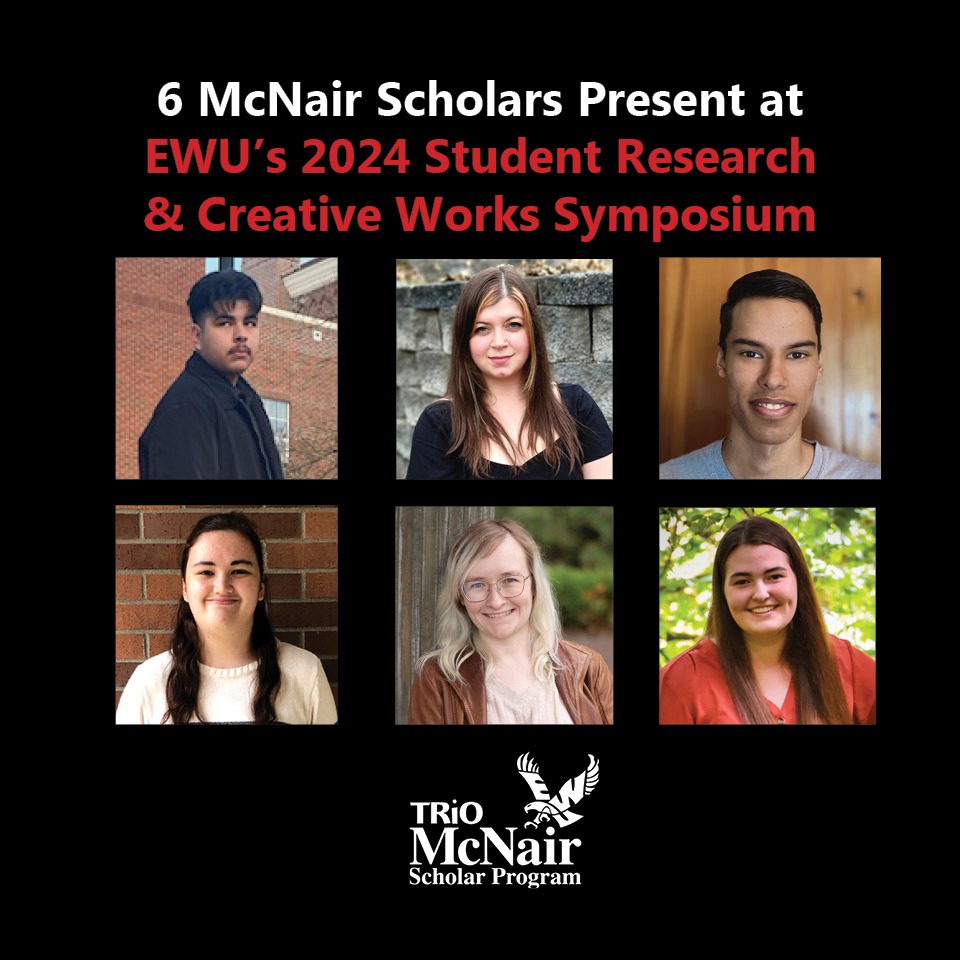Raúl Segura

Raúl Segura is a first generation college student who earned his Associate’s degree in Spring 2023 from Columbia Basin College. Raúl is a current student at Eastern Washington University working towards a BA in Psychology, a minor in Spanish, and a PhD.
Raúl is an officer for MEChA (Movimiento Estudiantil Chicano De Aztlan), a campus organization that seeks to promote Chicano unity and empowerment through political action. He is an active member of the EWU Tennis Club, and a student employee at EWU’s Student Communication Center, working on student outreach. Raúl is interested in a School Psychology career. Specifically, he seeks to create an optimal classroom environment for students and teachers of different cultural and ethnic backgrounds.
Further research interests revolve around student teacher relationships in multicultural settings and how they can create negative or positive impacts in the classroom, and how to create a culturally safe classroom environment. For his 2024 McNair Summer Research Internship Raúl worked alongside his mentor, Dr. Sarah Johansson. His research was presented August 15, 2024 at the McNair Summer Research Symposium. Raúl hopes to research multicultural relationships with students, teachers, and its effects on a student’s learning as well as the strength of student- teacher relationships.
2024 EWU Faculty Research Mentor: Dr. Sarah Johansson
Research Title: Teacher Self-Perception in Multicultural Student-Teacher relationships, evaluating biases and efforts to engage with student’s culture.
Research Poster
Abstract: With the United States growing population we have seen an increase in diverse and multicultural communities, we see that reflection in many of our schools as the population within schools as well and with that we also see in increase in languages and different ethnicities and different cultural backgrounds. However, is the teacher population reflective of the student’s changing population or is there a disconnect between the teacher’s background culture, language and ethnicity and does this create a negative or positive affect on student-teacher relationships, does it create bias and is there an effect on academic progress. The study is a mixed-methods design collecting both quantitative data collected from multiple choice questions and Likert scales and qualitative data from questions that require a short response. From the findings of this study, we would be able to get an insight of secondary teachers in Eastern Washington on bias and student- teacher relationship building in multicultural and ethnically diverse classrooms. This study would also help us hear from teachers on whether current policies and training regarding inclusion are perceived as effective from the perspective of educators.

Raúl Segura at CWU!

McNair Scholar Raúl Segura Accepted to University of Minnesota MA in School Psychology

McNair Scholar Raúl Segura Accepted to Howard University PhD in School Psychology

McNair Scholar Raúl Segura Accepted to University of Oregon MS in School Psychology

McNair Scholar Raúl Segura Presents at MKN Heartland McNair Research Conference

EWU McNair Scholar Raúl Segura Completes McNair Summer Research Internship

Another Great Summer of Research at McNair!

Raul Segura Selected as an EWU McNair Scholar and Awarded Summer Research Internship


